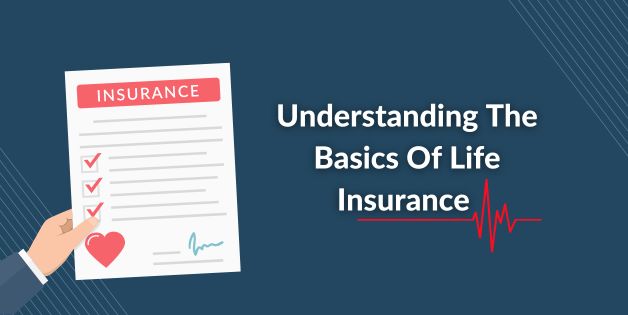
Life insurance is a policy that pays a benefit to your loved ones upon your death. It is designed to provide financial protection to your family in the event of your untimely demise. Understanding the basics of life insurance can help you make informed decisions about protecting your loved ones’ financial future.
Term Life Insurance
The two most common types of life insurance policies are term life insurance and permanent life insurance. Term life insurance provides coverage for a specific period, such as 10, 20, or 30 years. If you die during the term, your beneficiaries receive a payout. If you outlive the term, the policy expires and you receive nothing. Term life insurance is generally less expensive than permanent life insurance.

Permanent Life Insurance
Permanent life insurance, on the other hand, provides coverage for your entire life. It also has a savings component, which allows you to accumulate cash value over time. This cash value can be used for a variety of purposes, such as paying premiums, taking out loans, or withdrawing funds. Permanent life insurance is generally more expensive than term life insurance.
The Right Amount of Coverage
When choosing a life insurance policy, it’s important to consider the amount of coverage you need. A general rule of thumb is to have enough coverage to replace your income for at least 10 years. You should also consider any debts or other financial obligations you may have, such as a mortgage or children’s college tuition.

Financial Strength
Another important factor to consider is the insurance company’s financial strength and reputation. You want to choose a company that has a strong financial rating and a history of paying out claims in a timely manner.
In conclusion, life insurance is an important financial tool that can provide peace of mind and security for your loved ones. By understanding the basics of life insurance, you can make informed decisions about protecting your family’s financial future.




